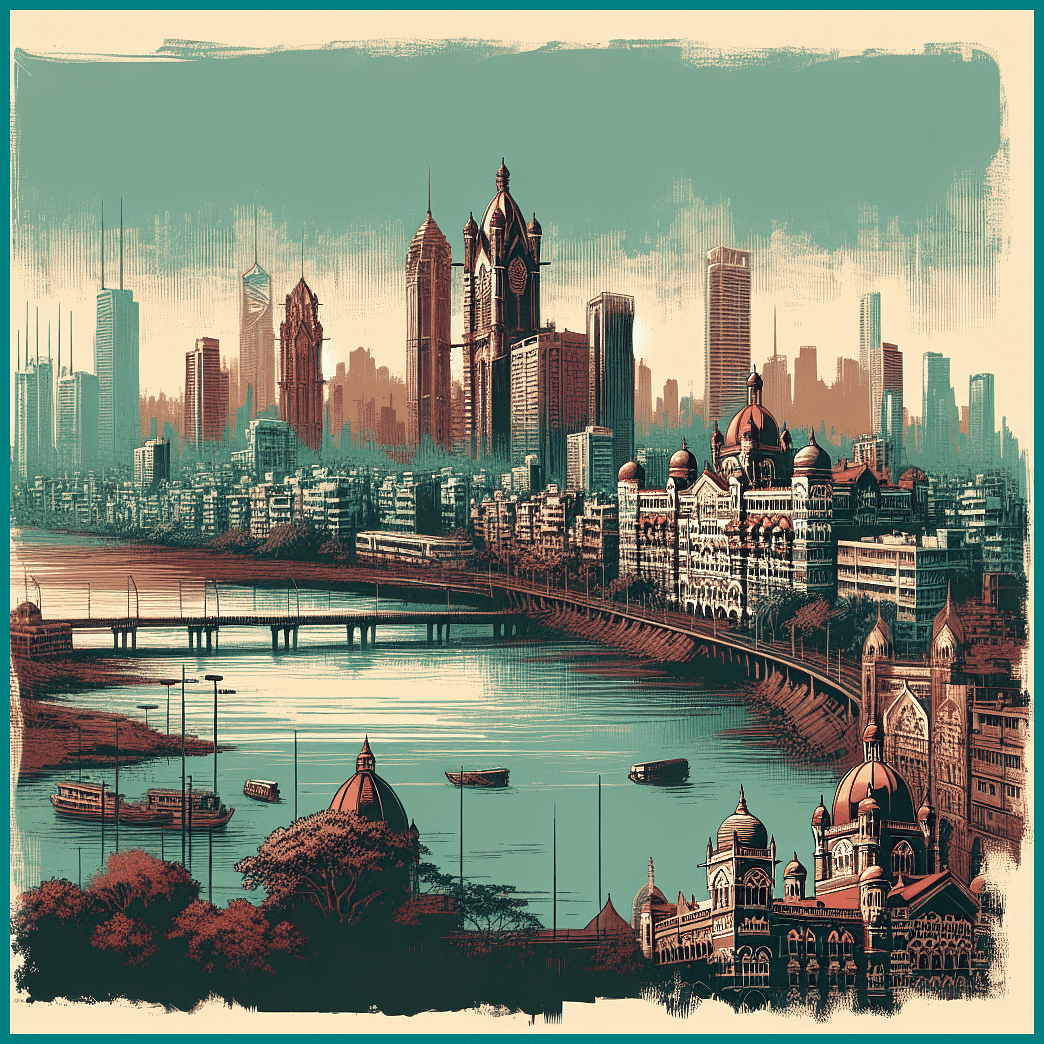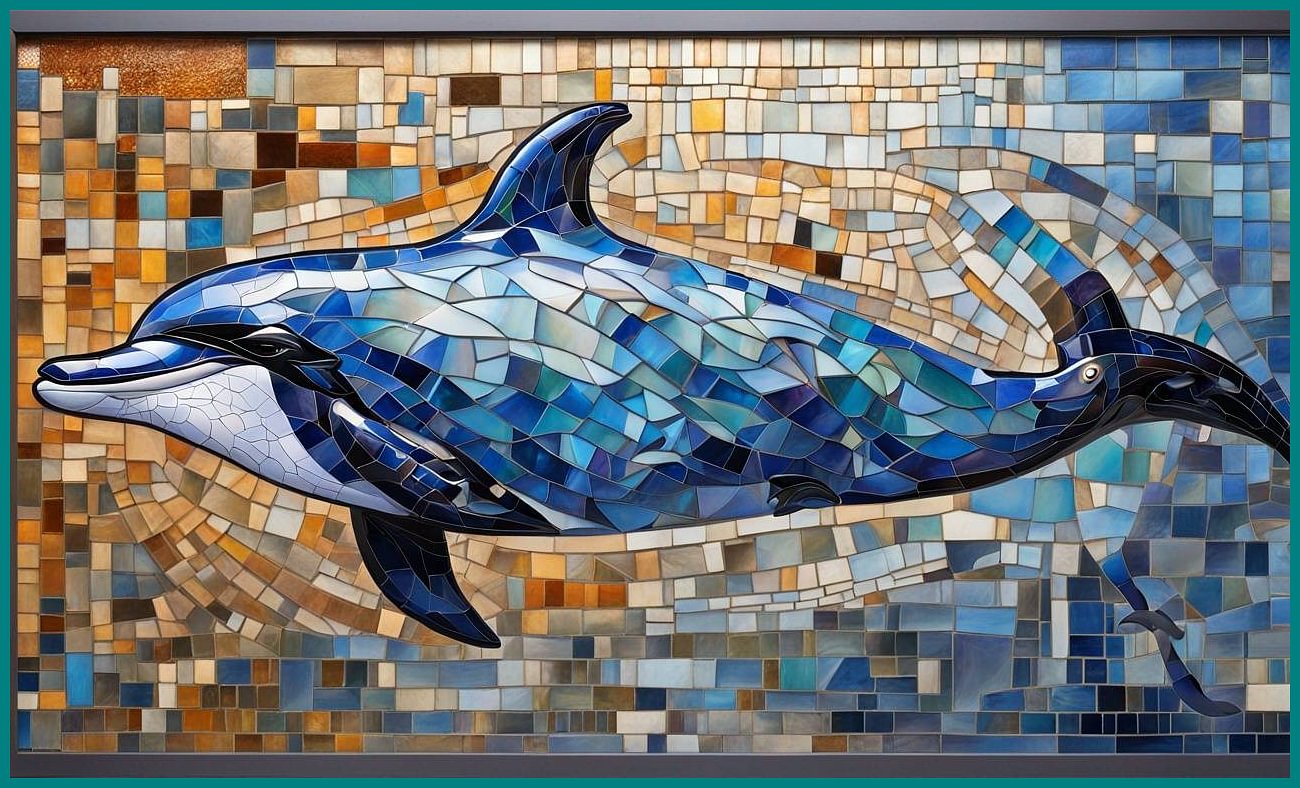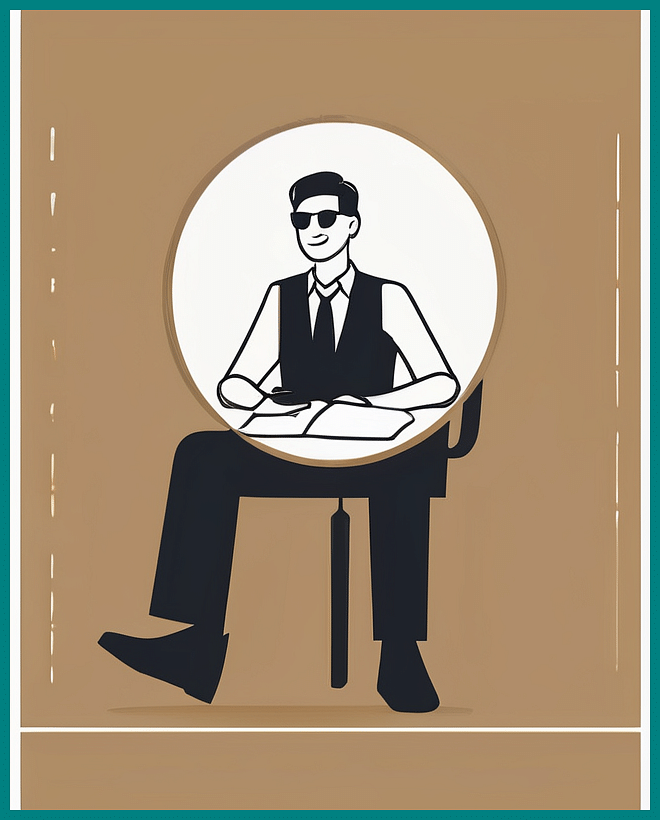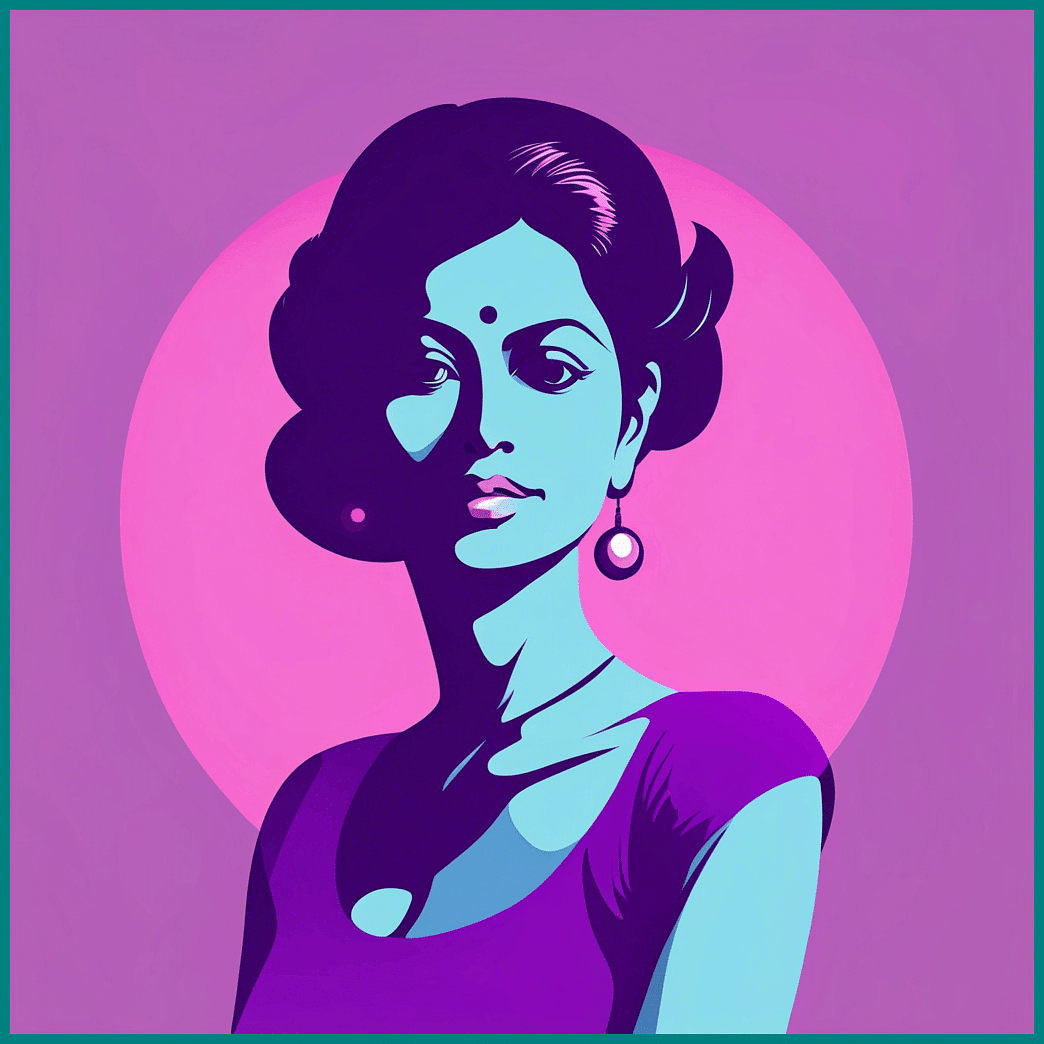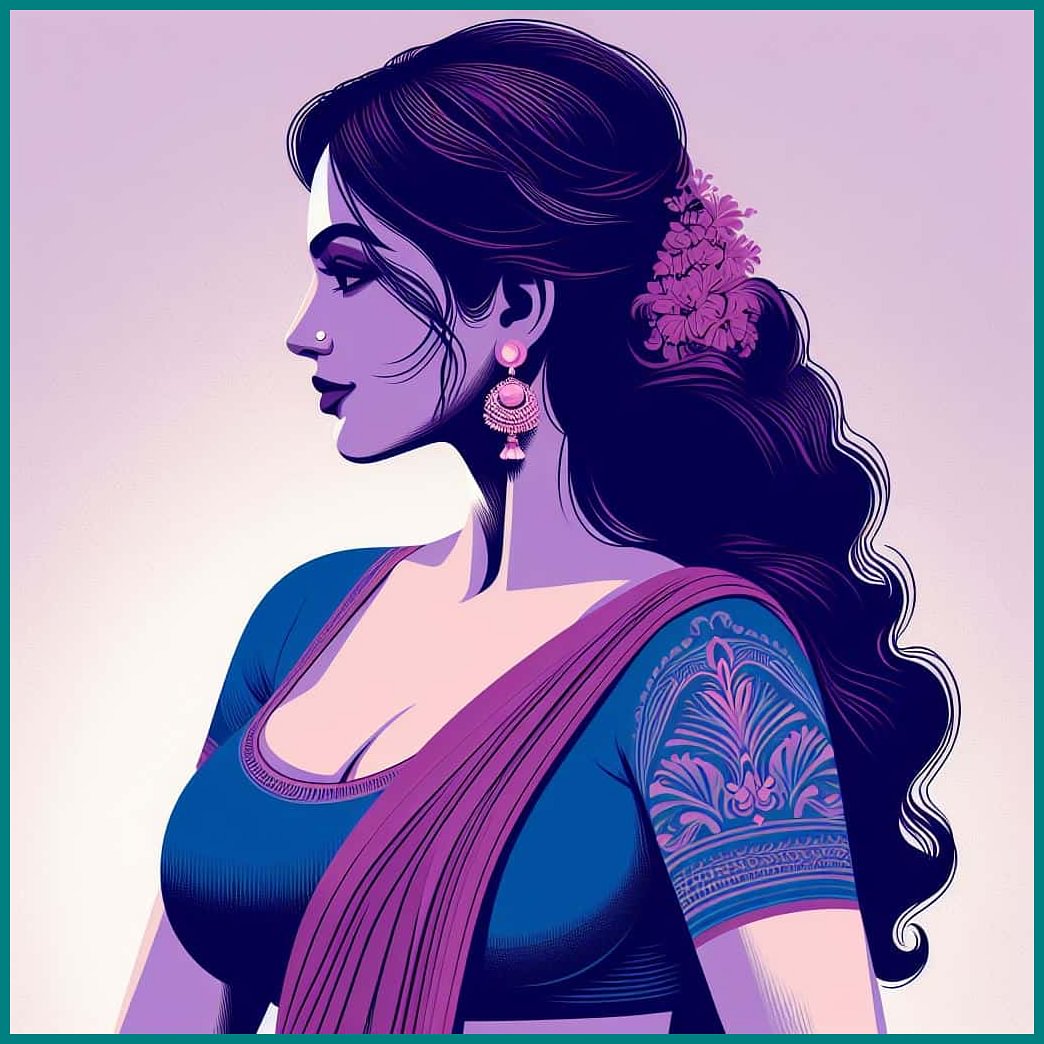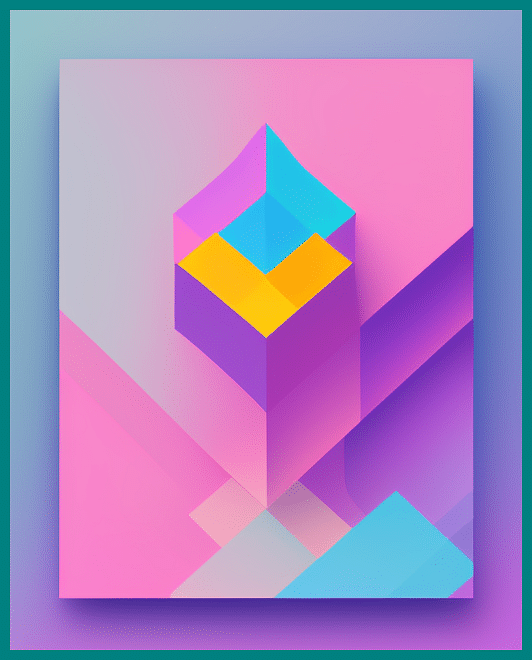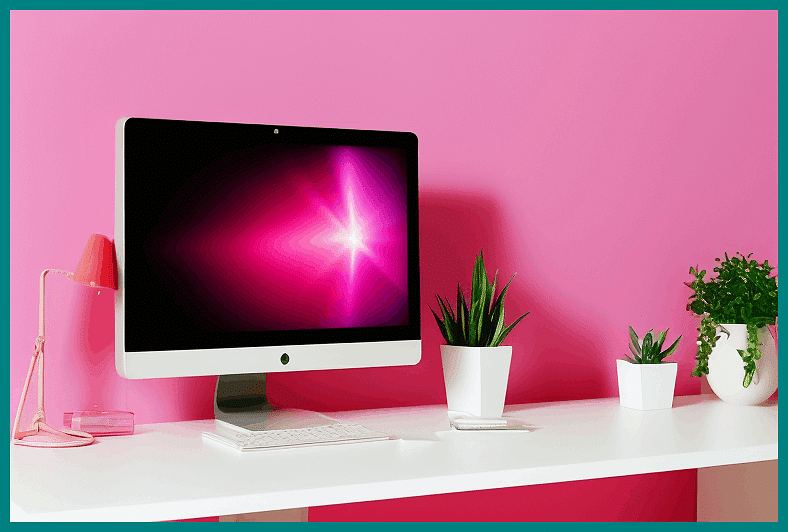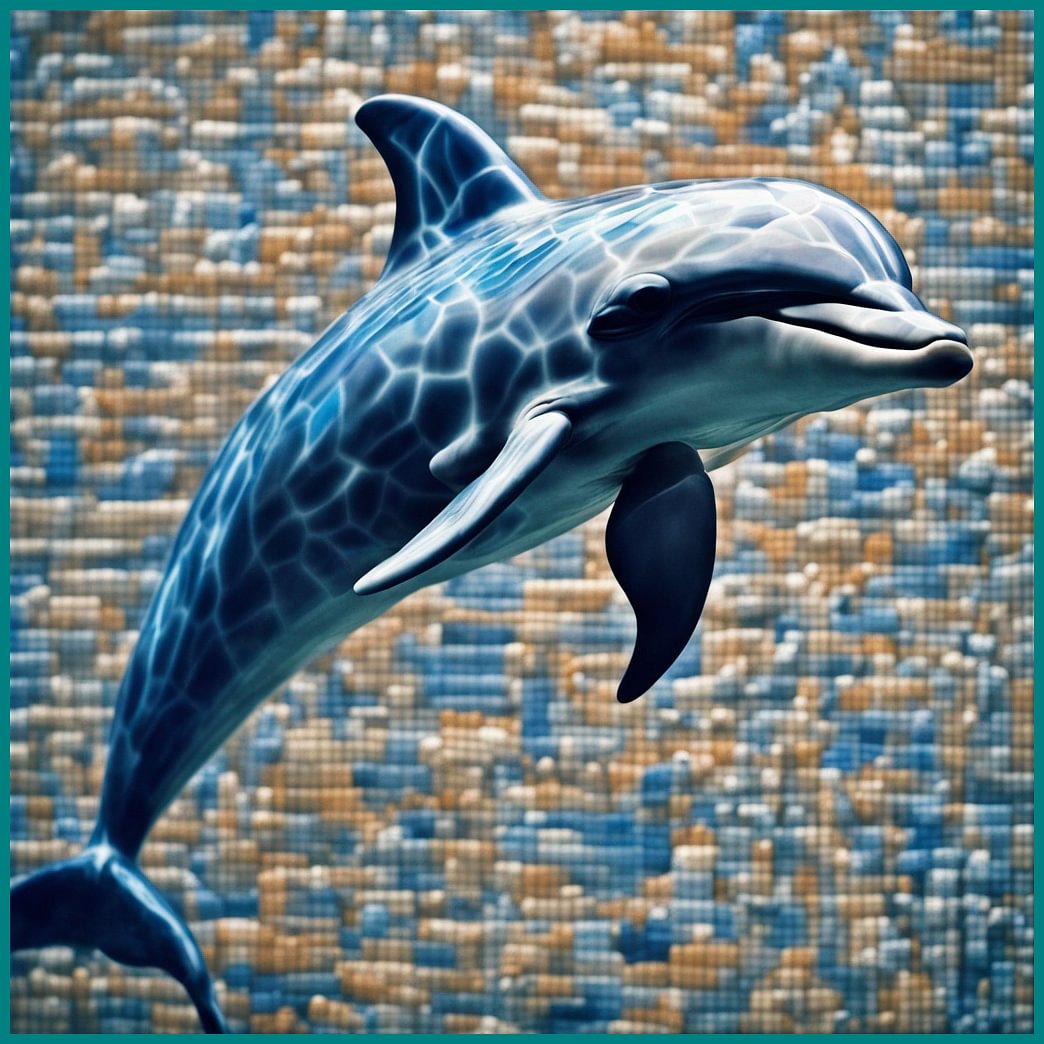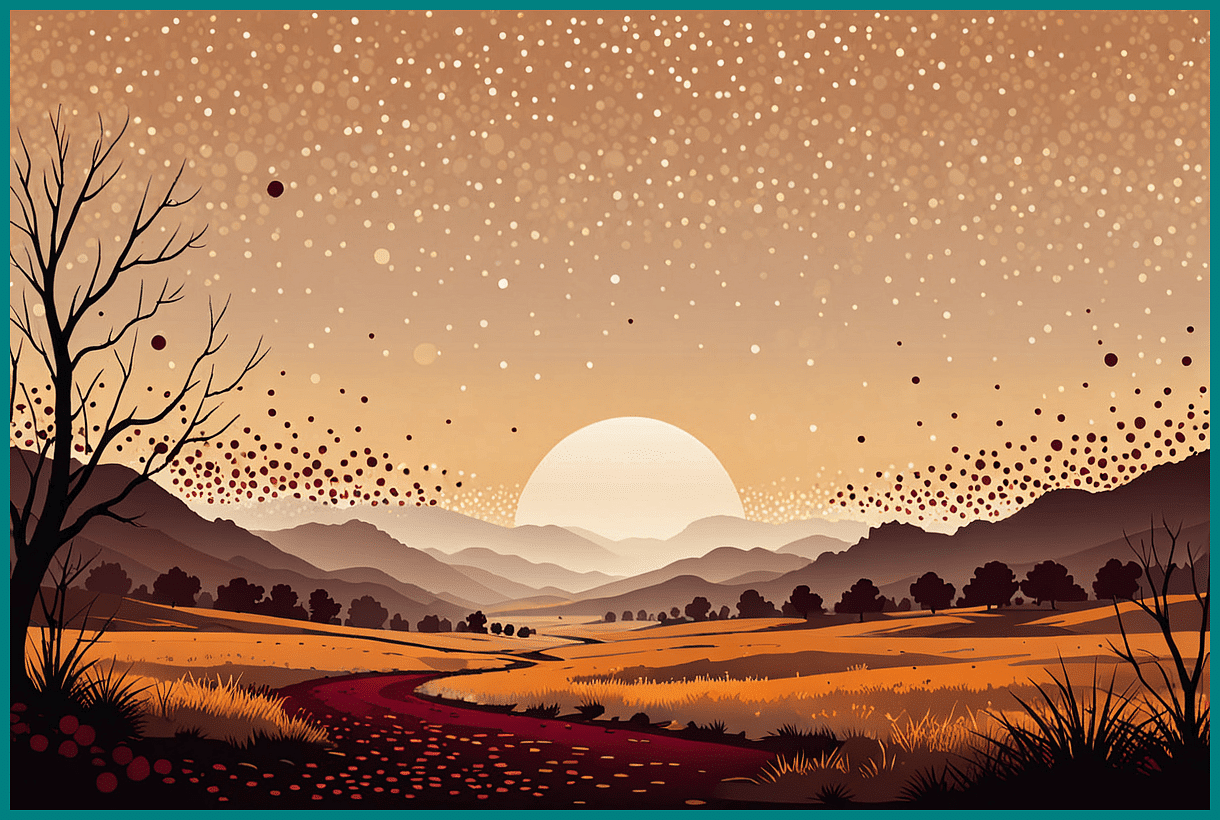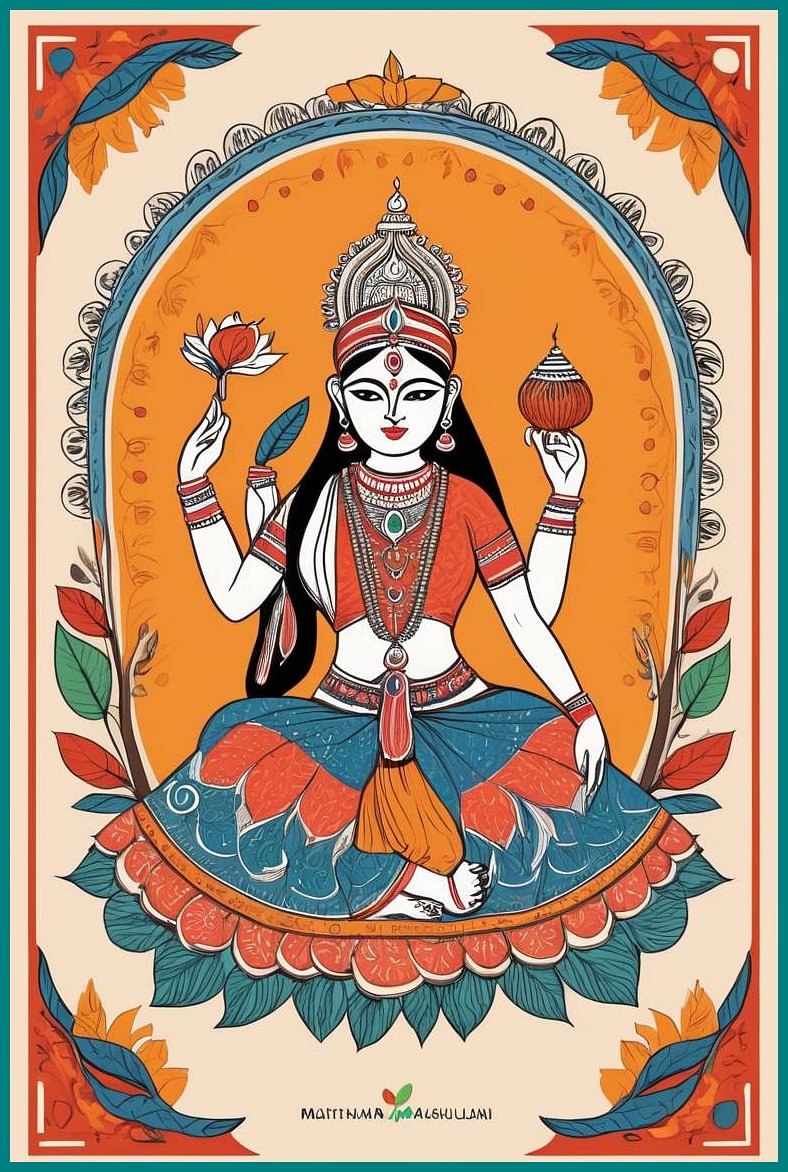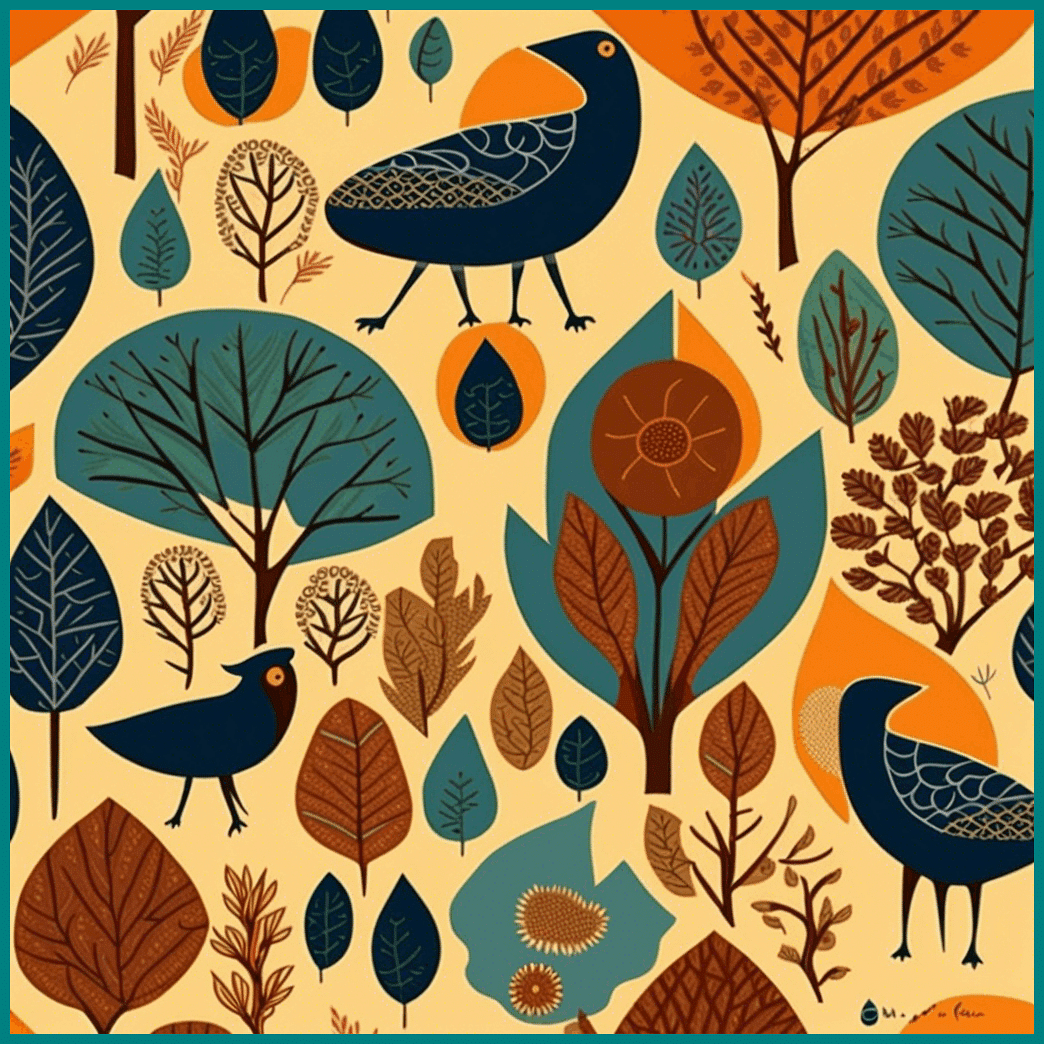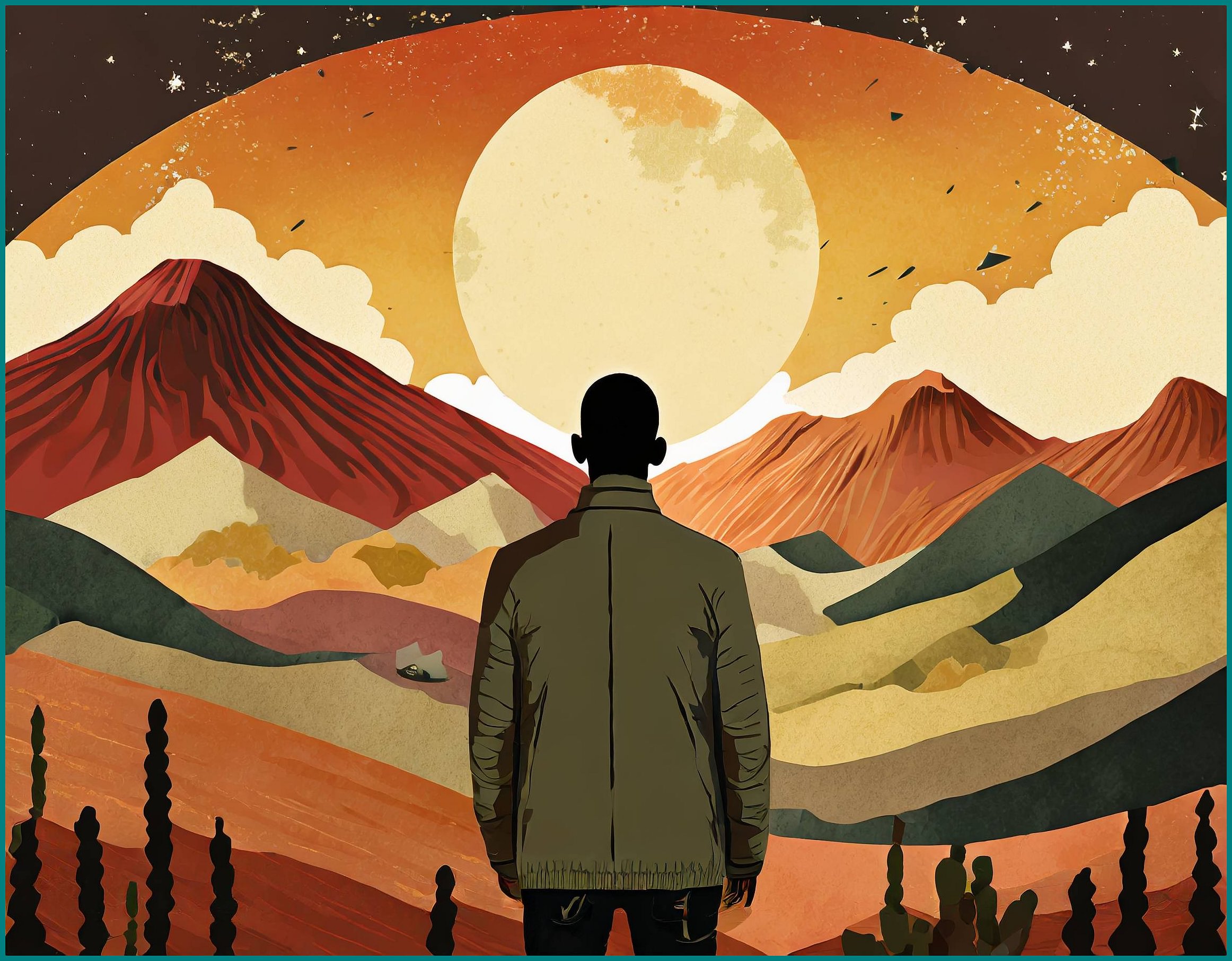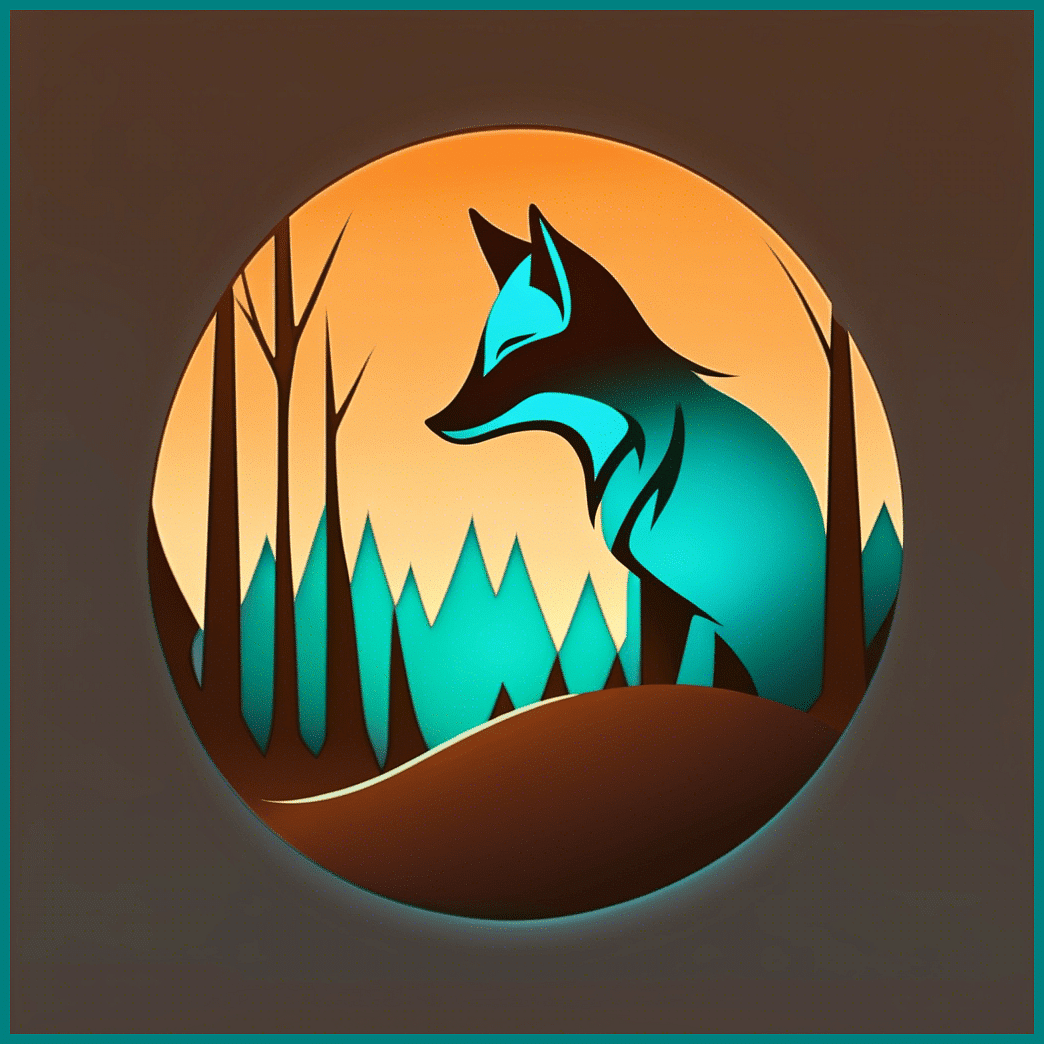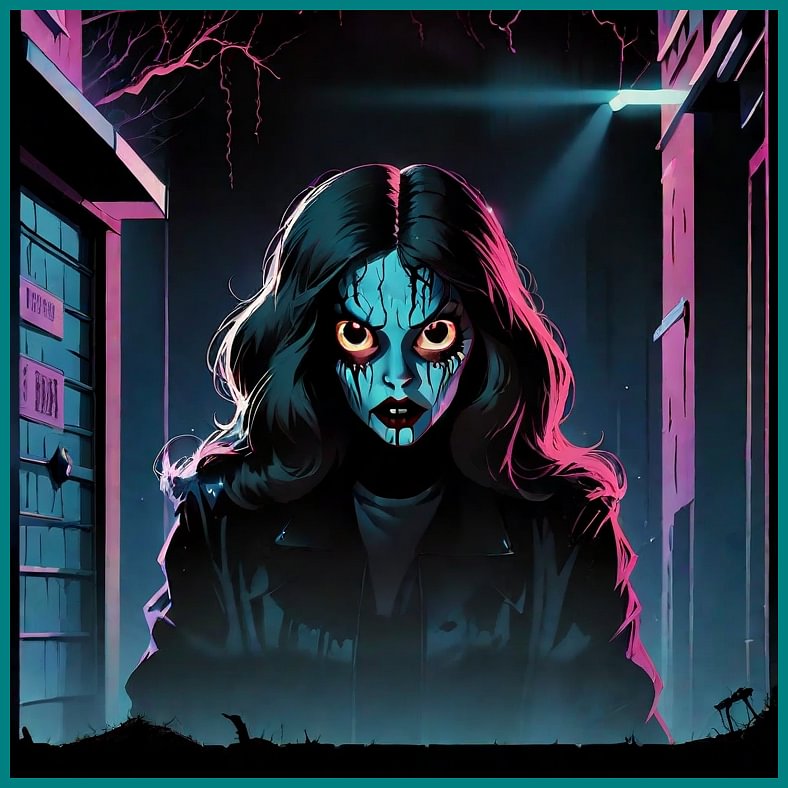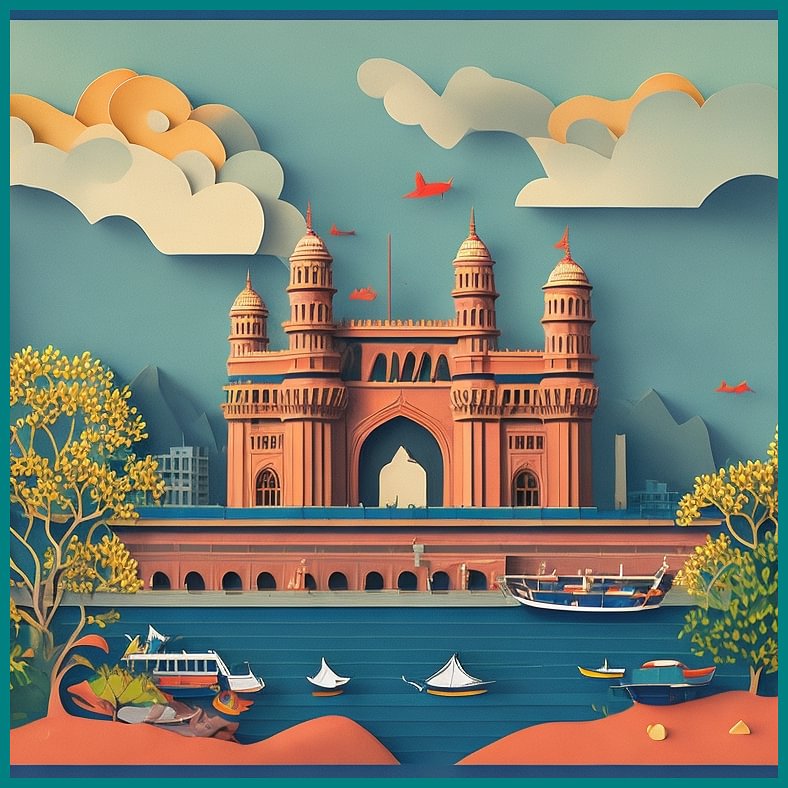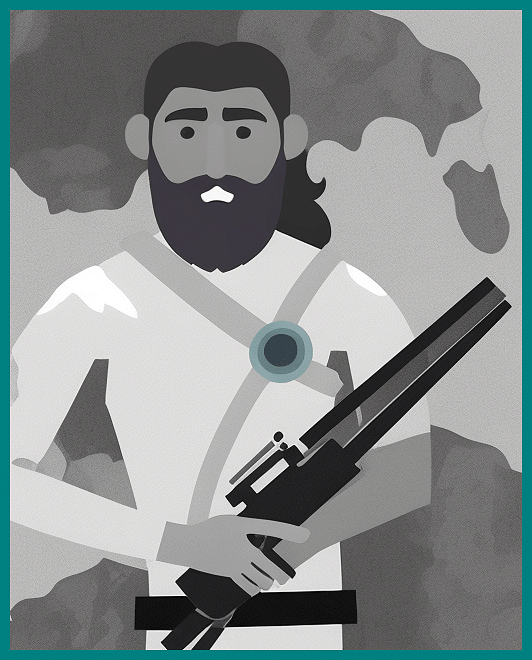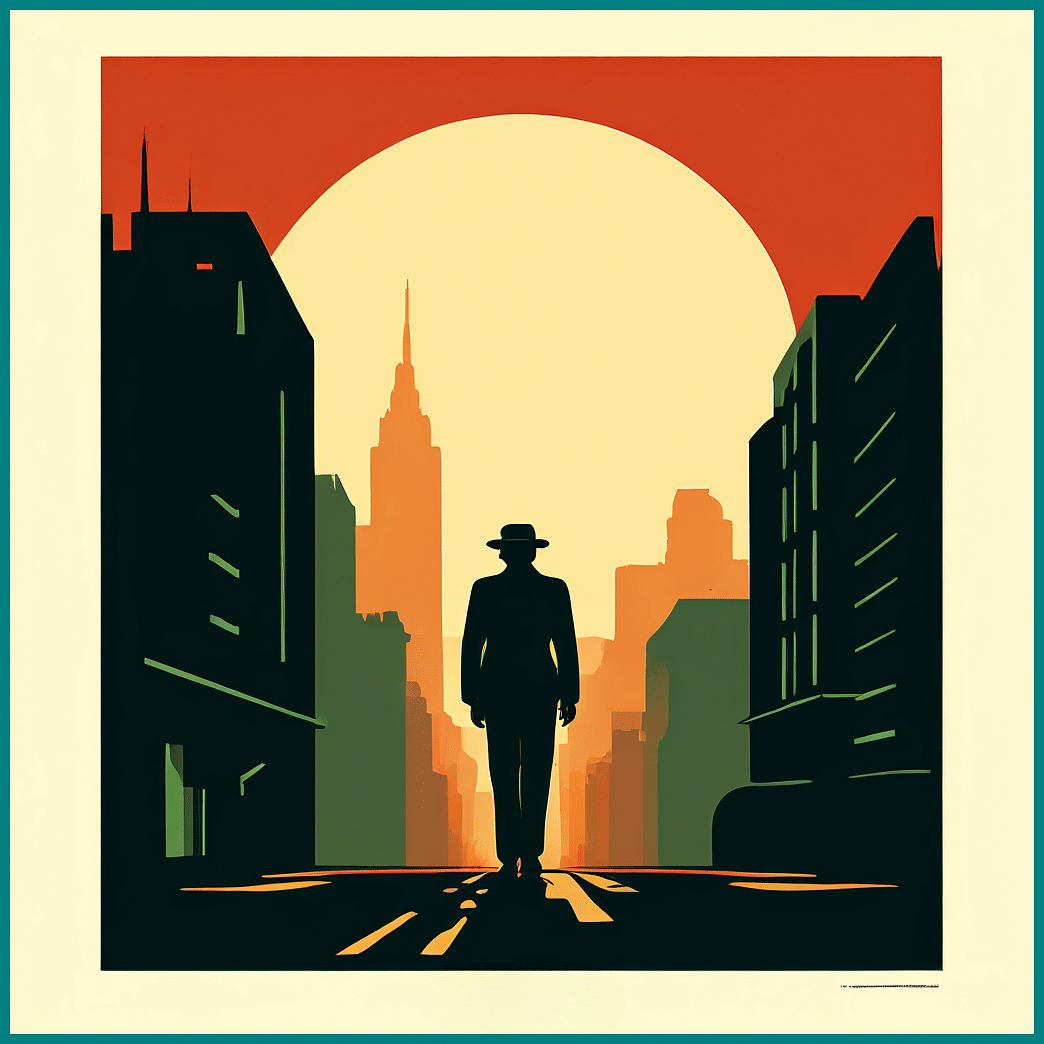This post exploring flat images assesses the utility, benefits, and limitations by , showcasing examples created with AI imaging tools like DALL·E3, Night Café, SDXL, and Juggernaut XL.
फ्लैट इमेज दो-आयामी डिजिटल चित्र होते हैं जिनमें गहराई नहीं होती। इन्हें डिजाइन, कला और विभिन्न डिजिटल अनुप्रयोगों में उपयोग किया जाता है। इस पोस्ट में, फ्लैट इमेज के उपयोग, लाभ और सीमाओं पर चर्चा की जाएगी, जिसमें DALL·E3, Night Café, SDXL और Juggernaut XL जैसे एआई इमेजिंग टूल से बनाए गए उदाहरण शामिल हैं।
Introduction
Flat images, being two-dimensional visuals, are extensively used in digital art and design due to their simplicity and versatility. This post delves into their applications, benefits, and drawbacks, supported by examples generated through AI tools like DALL·E3 and Night Café. While flat images offer ease of use and quick load times, they lack depth and realism. The conclusion reflects on their evolving role in digital creativity.
फ्लैट इमेज, दो-आयामी चित्र होने के कारण, अपनी सरलता और बहुमुखी प्रतिभा के लिए डिजिटल कला और डिजाइन में व्यापक रूप से उपयोग की जाती हैं। यह पोस्ट उनके अनुप्रयोगों, लाभों और कमियों की चर्चा करती है, जिसमें DALL·E3 और Night Café जैसे एआई टूल से बनाए गए उदाहरण शामिल हैं। फ्लैट इमेज में उपयोग में आसानी और तेज़ लोडिंग समय होता है, लेकिन गहराई और यथार्थवाद की कमी होती है। निष्कर्ष डिजिटल रचनात्मकता में उनकी बदलती भूमिका पर विचार करता है।
Flat images, often synonymous with vector art and 2D graphics, are a cornerstone of modern design. Their simplicity, scalability, and versatility make them indispensable in various digital and print media. This blog post explores what flat images are, their typical use cases, pros and cons, and provides sample prompts to create compelling flat images.
Also watch the image gallery of AI generated images here
What are Flat Images?
Flat images, also known as flat design or vector art, refer to two-dimensional graphics that emphasize simplicity and a minimalist approach. Unlike three-dimensional images that simulate depth and texture, flat images use clean lines, bold colors, and simple shapes to create visually appealing designs. These images are created using vector graphics software, which allows them to be infinitely scalable without losing quality.
Typical Use Cases for Flat Images
Flat images are versatile and find applications across various domains:
Web and App Design: Flat design has become a popular choice in web and app design due to its clean and modern look. It enhances user experience by providing clear visuals and intuitive navigation. Flat icons, buttons, and illustrations are commonly used to create cohesive and user-friendly interfaces.
Branding and Marketing: Flat images are often used in logos, business cards, brochures, and advertisements. Their simplicity ensures that the message is conveyed clearly and effectively. Brands prefer flat design for its modern and professional appearance, which appeals to a broad audience.
Infographics and Presentations: Flat design is ideal for infographics and presentations, where clarity and readability are paramount. Flat illustrations and icons help break down complex information into easily digestible visuals, making it easier for the audience to understand and retain information.
Print Media: Flat images are used in various print media, including posters, flyers, and packaging. Their clean and bold appearance ensures that they stand out and grab attention, making them effective for marketing and promotional materials.
Pros and Limitations of Flat Images
Flat images offer several advantages, such as scalability, simplicity, versatility, and ease of creation. However, they also have some limitations, including a lack of depth, limited expressiveness, and trend-dependency. Designers need to consider these factors when deciding whether to use flat images for their projects.
Sample Prompts for Exploring Flat Images
Here are some creative prompts to inspire your next flat image creation:
Vector Art Prompts:
Create a flat image of a city skyline at sunset, using bold colors and clean lines.
Design a set of flat icons representing different weather conditions, such as sunny, rainy, and snowy.
Illustrate a flat image of a workspace, including a laptop, coffee cup, and stationery items.
Flat Image Prompts:
Develop a flat image of a nature scene, with trees, mountains, and a river, emphasizing simplicity and bold colors.
Create a flat design of a food menu, incorporating flat illustrations of various dishes and beverages.
Design a flat image of a person engaged in a hobby, such as reading, painting, or gardening.
2D Graphics Prompts:
Illustrate a flat image of a space exploration scene, with rockets, planets, and stars.
Design a flat image of a festive holiday scene, including decorations, gifts, and a festive meal.
Create a flat image of a vintage car, focusing on clean lines and a minimalist aesthetic.
Hindi Prompts:
एक फ्लैट इमेज बनाएं जिसमें एक शहर की रेखाचित्र हो, जो सूर्यास्त के समय हो।
विभिन्न मौसम स्थितियों का प्रतिनिधित्व करने वाले फ्लैट आइकॉन का सेट डिज़ाइन करें, जैसे धूप, बारिश, और बर्फबारी।
AI Imaging Tools for Generating Flat Images
AI has revolutionized the creation of flat images, making the process more efficient and accessible. Some popular AI imaging tools for generating flat images include:
DALL-E by OpenAI: DALL-E generates images from textual descriptions and can produce highly detailed flat images based on specific prompts.
Midjourney: Midjourney is an AI image generator that produces art based on textual prompts. It excels in creating aesthetically pleasing flat images.
DeepArt.io: This tool uses AI to transform photos into artworks, including flat designs.
Artbreeder: Artbreeder allows users to create and explore images using AI. It combines different images to generate new ones.
Canva’s AI Design Tools: Canva offers AI-powered design tools to help create flat images and other graphic elements.
Suitable Image Formats for Flat Images
When saving and sharing flat images, it’s important to choose the right image format. The most suitable formats for flat images are:
PNG (Portable Network Graphics): PNG supports transparency, lossless compression, and maintains high quality. It’s ideal for images with solid colors and simple graphics.
SVG (Scalable Vector Graphics): SVG is a vector format, meaning it can be scaled infinitely without loss of quality. It’s great for web use and responsive design.
WEBP: WEBP combines the best of PNG and JPG by offering high-quality compression and support for transparency. It’s suitable for web use due to smaller file sizes.
Conclusion
Flat images, with their simplicity and versatility, are a powerful tool in modern design. While they have certain limitations, this post about Exploring Flat Images with also highlights their benefits that make them a popular choice for a wide range of applications, from web design to branding and beyond. By understanding the strengths and weaknesses of flat images and leveraging AI tools for their creation, designers can create compelling and visually appealing graphics that effectively communicate their message.



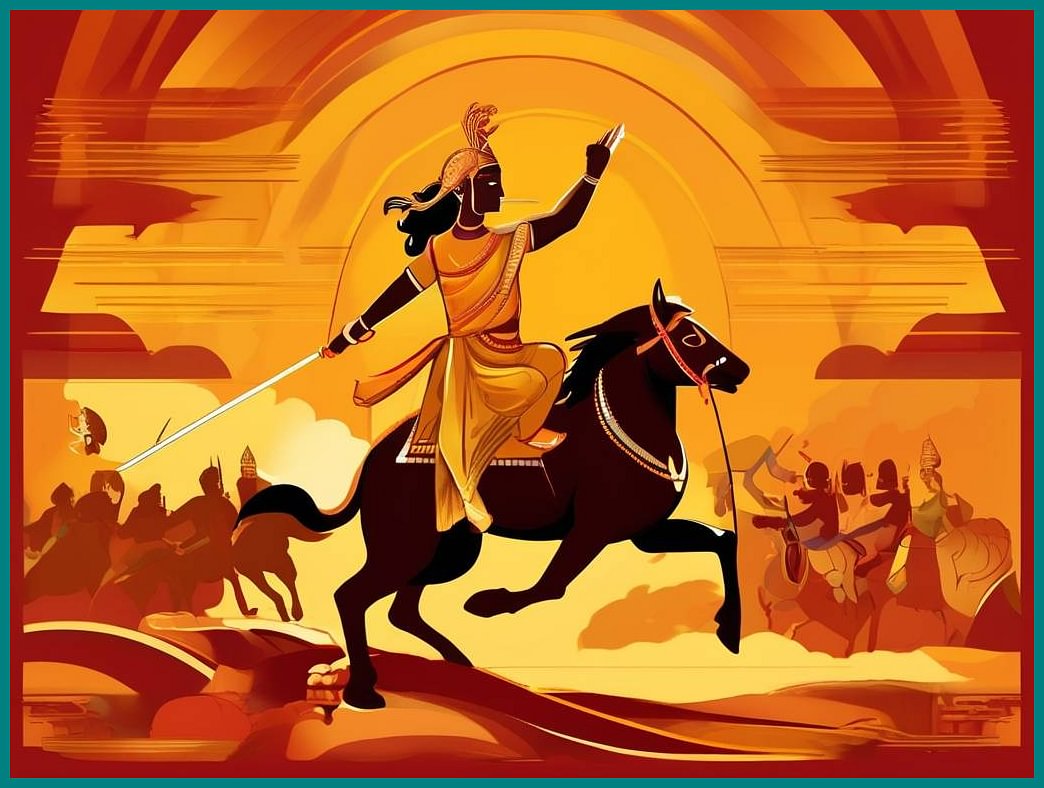
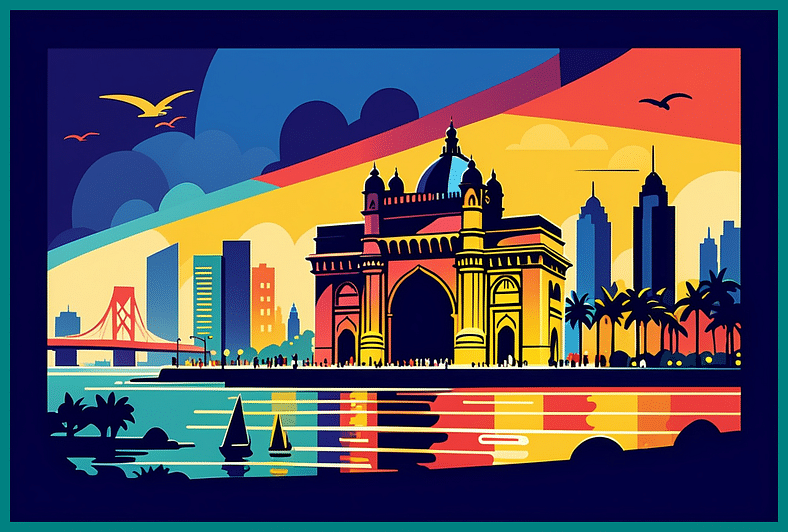
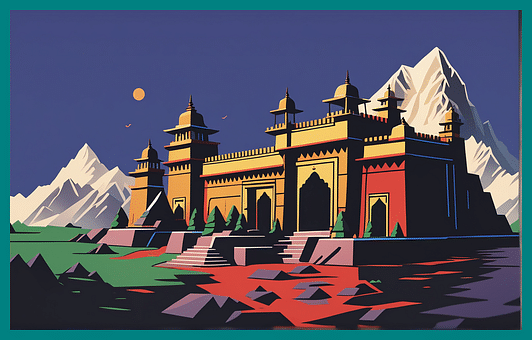
 Flat image showing hills
Flat image showing hills
